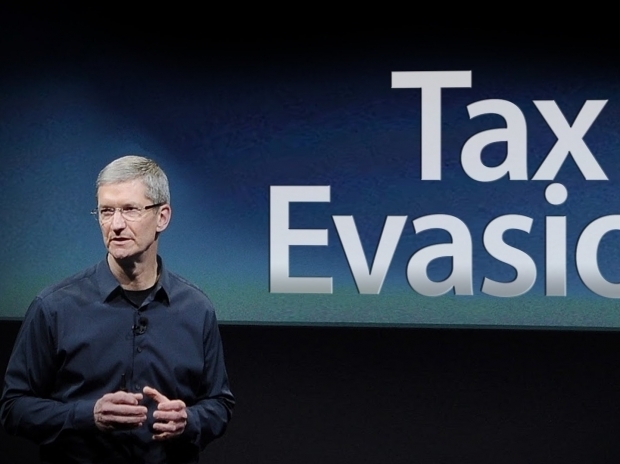The United States announced 25 percent tariffs on over $2 billion worth of imports from six countries over their digital services taxes, but immediately suspended the duties to allow time for international tax negotiations to continue.
Basically it is a shot over the bows of countries that might believe that US companies making huge profits should pay tax towards things like schools, education and health systems.
The US Trade Representative's (USTR) office said it had approved the threatened tariffs on goods from Britain, Italy, Spain, Turkey, India and Austria after a "Section 301" investigation concluded that their digital taxes discriminated against US companies.
USTR published lists of imports from the six countries that would face tariffs if international tax negotiations fail to reach a solution that prohibits countries from imposing unilateral digital services taxes.
USTR said it would impose 25 percent tariffs on about $887 million worth of goods from Britain, including clothing, overcoats, footwear and cosmetics, and on about $386 million worth of goods from Italy, including clothing, handbags and optical lenses. USTR said it would impose tariffs on goods worth $323 million from Spain, $310 million from Turkey, $118 million from India and $65 million from Austria.
The potential tariffs, based on 2019 import data, aim to equal the amount of digital taxes that would be collected from US firms, a USTR official said.
The move underscores the US threat of retaliation as finance leaders from G7 countries prepare to meet in London on Friday and Saturday to discuss the state of tax negotiations, including taxation of large technology companies and a US proposal for a global minimum corporate tax.
US tariffs threats against France over its digital tax were suspended in January to allow time for negotiations. France will probably surrender.
US Trade Representative Katherine Tai said she was focused on "finding a multilateral solution" to digital taxes and other international tax issues and was committed to reaching a consensus through the OECD and G20 negotiations.
However, since that means expecting the world to surrender appears to be the US’s only solution it is hard to see how this is going to play out.
A British government spokesperson said the UK tax was aimed at ensuring tech firms pay their fair share of tax and was temporary.




